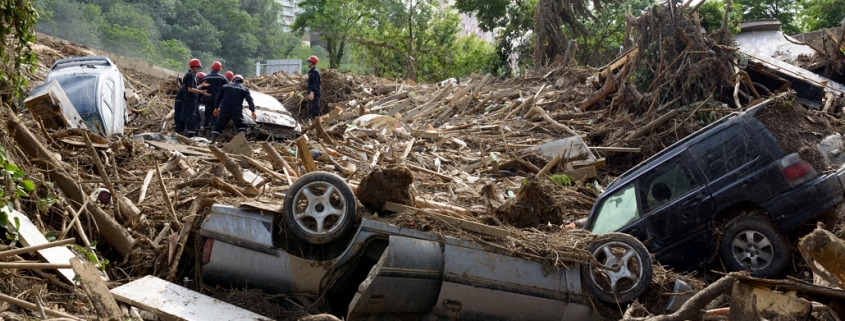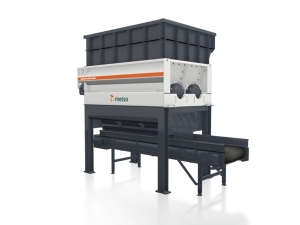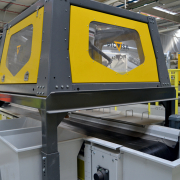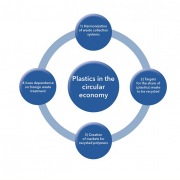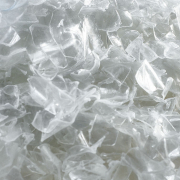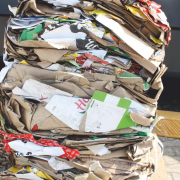Even amid the Chaos, We Must Act Responsibly
We cannot prevent natural disasters. But we can keep a cool head and ensure that the clean-up work focuses on recycling the materials.
Every day, a natural disaster of some magnitude strikes somewhere on Earth. In just moments, hurricanes, earthquakes, tsunamis or volcanic eruptions can destroy what has taken decades to build. In addition, the consequences of climate change also challenge our planet. An increasing global surface temperature is leading to an increased intensity of storms, fires resulting from prolonged periods of drought, flooding from immense rainfall and rising sea levels that expose low-lying areas to the erosive forces of waves and currents.
We need to have a plan
Today, extreme weather causes natural disasters that have an impact on a quarter of a billion people every year. Typically, only the most severe disasters make their way into our media, and as soon as the spectacular images of devastation become yesterday’s news, we almost forget about them again – and the survivors are left with a lengthy clean-up. According to the British relief and development organisation Oxfam, the number of devastating storms has quadrupled over the past 20 years. Sadly, the indications are that the number will only continue to grow in the future. We should all prepare ourselves thoroughly for that scenario. The only way we can ensure that the environment is not harmed when urgent action is needed is by reinforcing international preparedness and establishing clear rules for the clean-up work.
Sorting waste is the only way forward
At Metso Waste Recycling, we are experiencing an increasing demand for both mobile and stationary shredders that can effectively take part in the often chaotic clean-up operation after natural disasters. Over the years, we have sold several machines in Asia-Pacific in particular. The mobile shredders have the advantage that they can move around the area and shred the piles of waste down to operational dimensions, which can then be transported for sorting. And sorting is particularly essential. While it may seem difficult during a clean-up phase, when there is an urgent need to clear an area, the solution is never to just deposit or burn the piles. This will only worsen the damage and contribute to global warming. Fractions MUST be sorted carefully, so that the materials can be reused in new products and thus reborn as building blocks in the reconstruction of houses and infrastructure.
“At a time when the green transition is really gaining global ground in the industrial sector and in individual households, we cannot afford to relax our efforts when it comes to natural disasters. In particular, there is a lot at stake for the environment. Luckily, we are met with a great understanding of the circular approach from customers who use our machines for clean-up operations.”
Lars Laursen, General Sales manager Asia Pacific, Metso Waste Recycling
The setup is in place
The main responsibility lies with the authorities, but according to Lars Laursen, Metso Waste Recycling is happy to assume a supporting role for those authorities, or to the contractors in charge of the clean-up work. Metso Waste Recycling is just one of many competent actors when it comes to recycling, and together we can deliver the setup needed to approach things in the right way when disaster strikes.
Source: Metso Waste Recycling (Denmark, 25th of June, 2020)

